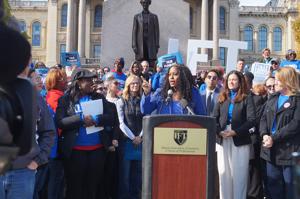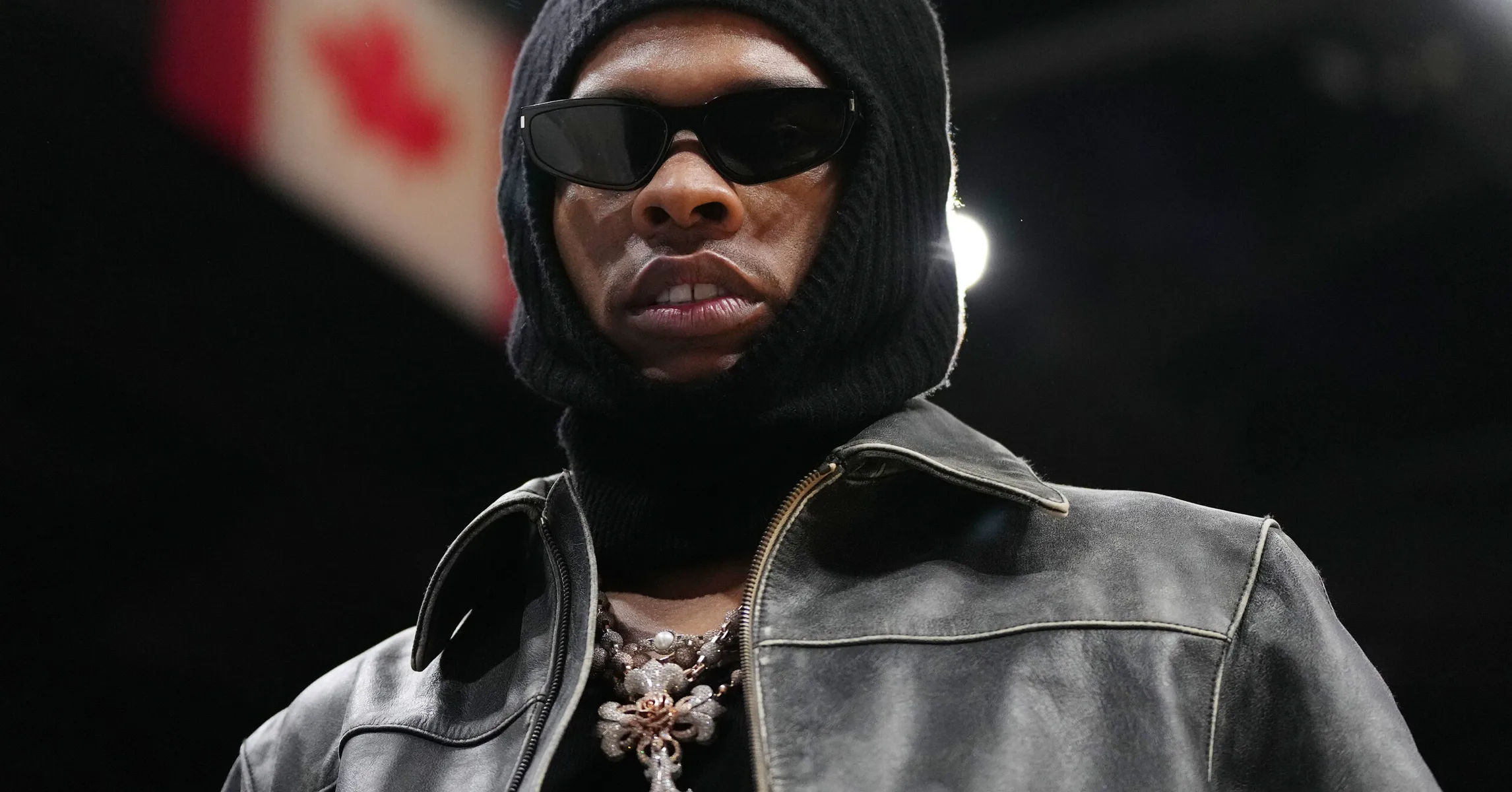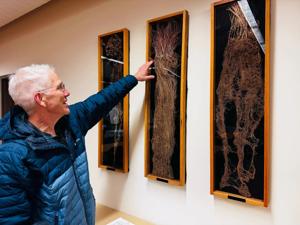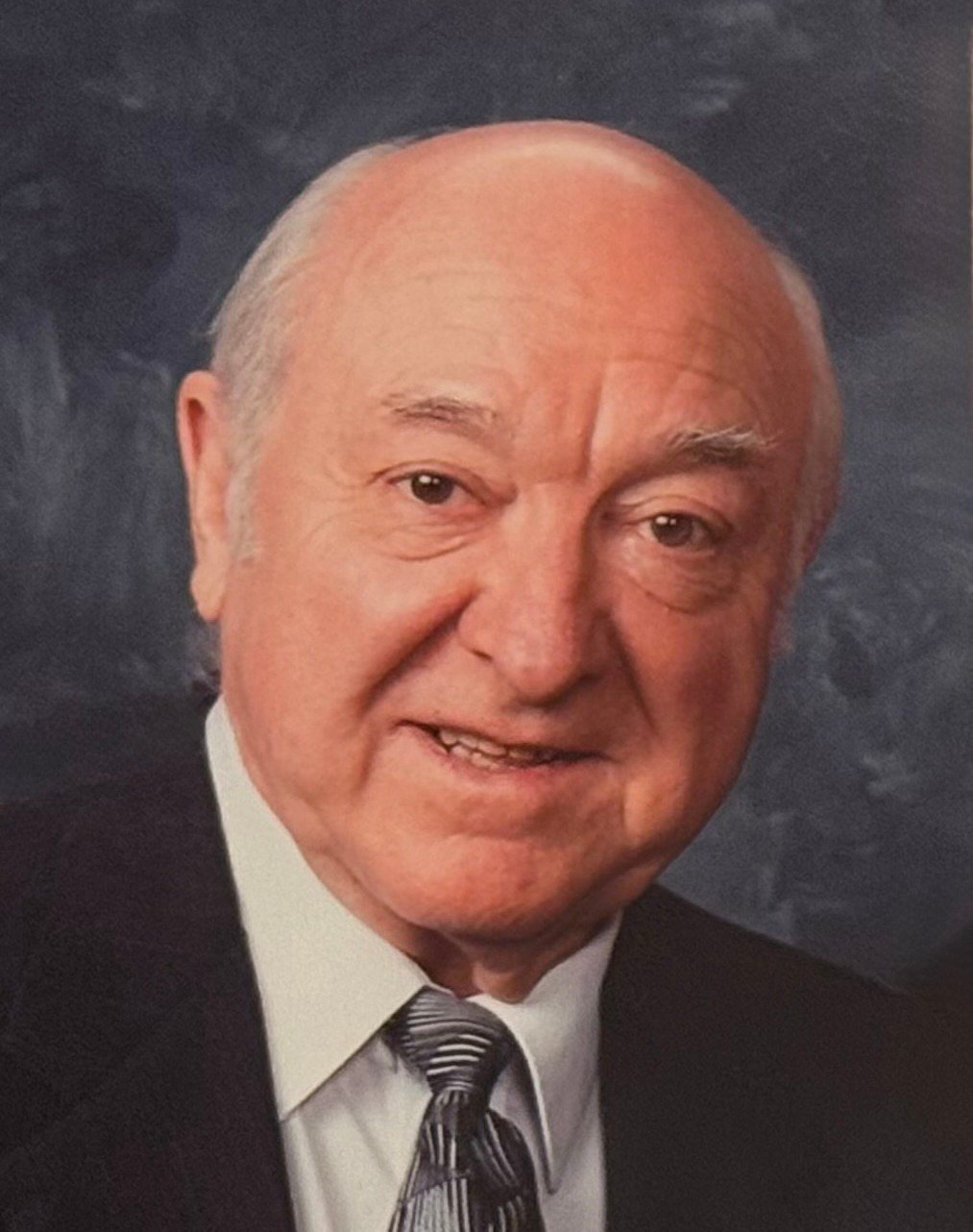Education
Students and Faculty Urge Release of $29 Million Higher Education Funding

University students and faculty in Illinois are calling on the state’s governor, J.B. Pritzker, to release over $29 million in funding for public colleges and universities. This funding was approved by state lawmakers earlier this year but remains withheld by the Pritzker administration, pending perceived stability in federal education policy.
The governor’s office stated that it will not distribute the funds until there is clarity on federal education spending. A spokesperson noted that previous federal budget decisions and tariffs have significantly impacted state revenues, necessitating a cautious approach to fiscal management. “(Former President Donald) Trump’s budget bill and reckless tariffs have wreaked havoc on state revenues nationwide, making it essential to double down on fiscal discipline,” the spokesperson explained.
During a public comment segment at an Illinois Board of Higher Education (IBHE) meeting at Elgin Community College, several faculty members and advocates voiced their concerns. They included representatives from the University Professionals of Illinois, which represents about 3,000 employees across eight public universities in the state.
Keith Nyquist, vice president of UPI and a business instructor at Northern Illinois University, highlighted the severe consequences of the funding shortfall. “Years of underfunding by the state have forced most Illinois public universities to increase tuition, cut programs, and reduce staff,” he stated, referencing the situation at Western Illinois University and Eastern Illinois University, where numerous staff positions have been terminated due to financial constraints.
In February, Pritzker proposed a 3 percent increase in funding for higher education. However, the $55.3 billion budget passed by lawmakers in May only included a 1 percent increase, with an additional 2 percent, or approximately $29.5 million, contingent upon the governor’s approval. Democratic leaders indicated that these funds were intended to offset potential federal cuts to higher education.
The statement from the governor’s office clarified that the intention to withhold the funds as a reserve was communicated during the budget approval process. “When the budget was approved by the legislature and signed, the Governor was clear that a 2 percent reserve would remain in place until we saw stability on education from Washington, which has yet to materialize,” the statement read.
In addition to holding back the higher education funding, Pritzker issued an executive order in September directing state agencies to prepare for budget reductions of up to 4 percent. Notably, the IBHE and the Illinois Community College Board were exempt from this order.
Students like Kimberly Britt, a junior psychology major at Chicago State University, expressed that the financial situation transcends political issues. “The 2 percent being withheld might seem small on paper, but its impact is immense,” she stated. “It determines whether a student can stay enrolled, whether a professor can continue teaching full-time, and whether Chicago State can continue being the beacon of opportunity it has been for generations.”
Calls for Legislative Change
In addition to demanding the release of funds, advocates urged the IBHE to support reforming the funding structure for higher education in Illinois. The $29.5 million being withheld predominantly benefits the University of Illinois system, which is set to receive $12.9 million of the total. The remainder would be distributed among the other public universities, the Illinois Community College Board, and City Colleges of Chicago.
Proposed legislation earlier this year, known as Senate Bill 13 and House Bill 1581, aimed to establish a new funding formula that would allocate funds based on need. This legislation did not progress out of a key committee, facing opposition from the University of Illinois.
The proposed formula would prioritize institutions most in need, with Western Illinois University positioned to receive the first funding due to current adequacy levels of only 46 percent. In contrast, the U of I’s Urbana-Champaign campus, currently funded at 89 percent, would be last in line for new allocations.
Christopher Merchant, an associate psychology professor at Northeastern Illinois University and a UPI member, criticized the board’s lack of support for the proposed funding reforms. “The board’s silence on the legislation aimed at addressing higher ed’s desperate and immediate need for adequate and equitable funding is deafening,” he remarked. “How do we secure a pathway to the future for our students if nobody is willing to fight the fights that matter on their behalf?”
The advocacy group Advance Illinois, a proponent of the new funding formula, announced plans to continue campaigning for legislative support in the upcoming 2026 session. The ongoing debate around higher education funding in Illinois underscores the broader challenges facing public institutions amid fluctuating federal policies and state budgetary constraints.
-

 Top Stories1 month ago
Top Stories1 month agoRachel Campos-Duffy Exits FOX Noticias; Andrea Linares Steps In
-

 Entertainment15 hours ago
Entertainment15 hours agoJayda Cheaves Claims Lil Baby and Ari Fletcher Had an Affair
-

 Top Stories2 weeks ago
Top Stories2 weeks agoPiper Rockelle Shatters Record with $2.3M First Day on OnlyFans
-

 Top Stories2 weeks ago
Top Stories2 weeks agoMeta’s 2026 AI Policy Sparks Outrage Over Privacy Concerns
-

 Sports2 weeks ago
Sports2 weeks agoLeon Goretzka Considers Barcelona Move as Transfer Window Approaches
-

 Top Stories2 weeks ago
Top Stories2 weeks agoUrgent Update: Denver Fire Forces Mass Evacuations, 100+ Firefighters Battling Blaze
-

 Health2 months ago
Health2 months agoTerry Bradshaw Updates Fans on Health After Absence from FOX NFL Sunday
-

 Sports1 week ago
Sports1 week agoSouth Carolina Faces Arkansas in Key Women’s Basketball Clash
-

 Top Stories2 weeks ago
Top Stories2 weeks agoOnlyFans Creator Lily Phillips Reconnects with Faith in Rebaptism
-

 Top Stories1 week ago
Top Stories1 week agoCBS Officially Renames Yellowstone Spin-off to Marshals
-

 Top Stories2 weeks ago
Top Stories2 weeks agoOregon Pilot and Three Niece Die in Arizona Helicopter Crash
-

 Entertainment2 weeks ago
Entertainment2 weeks agoTom Brady Signals Disinterest in Alix Earle Over Privacy Concerns




